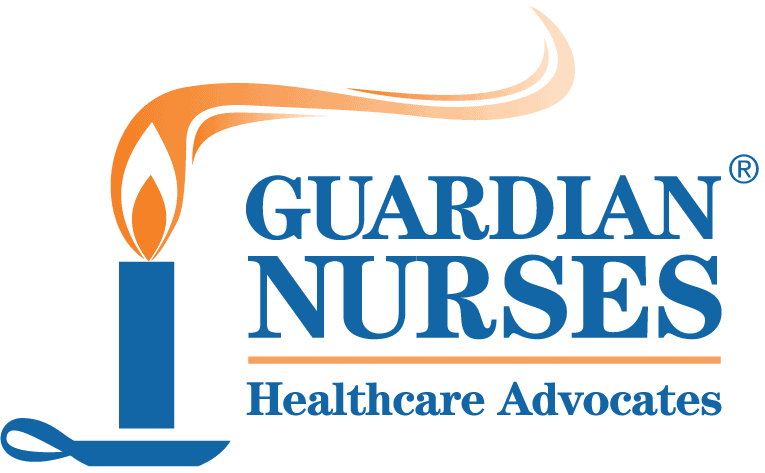About the Coronavirus
The 2019-nCoV is spreading from person to person in China and limited spread among close contacts has been detected in some countries outside China, including the United States. At this time, however, this virus is NOT currently spreading in communities in the United States. Right now, the greatest risk of infection is for people in China or people who have traveled to China. Risk of infection is dependent on exposure. Close contacts of people who are infected are at greater risk of exposure, for example health care workers and close contacts of people who are infected with 2019-nCoV. Public health screenings for travelers have been put into effect at several U.S. airports, including Los Angeles International Airport and Seattle-Tacoma International Airport. Young children, older adults, and individuals with other health conditions and/or already weakened immune systems are at higher risk. Symptoms include:
- Fever
- Cough
- Shortness of breath
Prevention
There is currently no vaccine to help prevent Novel Coronavirus. The following daily actions, however, can help prevent infection:
- Wash your hands often with soap and water for at least 20 seconds. Scrub your hands for at least 20 seconds. Need a timer? Hum the “Happy Birthday” song from beginning to end twice. If soap and water are not available, use an alcohol-based hand sanitizer that contains at least 60% alcohol.
- Avoid touching your eyes, nose, and mouth with unwashed hands.
- Avoid close contact with people who are sick.
- Stay home when you are sick.
- Cover your cough or sneeze with a tissue, then throw the tissue in the trash.
- Clean and disinfect frequently touched objects and surfaces.
Treatment
There are no specific antiviral treatments recommended for Novel Coronavirus. People who think they may have been exposed to the virus should contact their health care provider immediately.
What to Do if You Get the Novel Coronavirus
- Stay home, except to get medical care. Do not go to work, school, or public areas, and do not use public transportation, Lyft or Uber.
- Separate yourself from other people in your home. As much as possible, you should stay in a different room from other people in your home. Also, you should use a separate bathroom, if available.
- Call ahead before visiting your doctor. Before your appointment, call your provider and tell them that you have, or are being evaluated for Novel Coronavirus. This will help the provider’s office take steps to keep other people from getting infected.
- Wear a facemask when you are in the same room with other people and when you visit a health care provider
- Avoid sharing household items such as dishes, drinking glasses, cups, eating utensils, towels, bedding, or other items with other people in your home. After using these items, you should wash them thoroughly with soap and water.
- Avoid contact with pets and other animals.
Be aware that this is a serious health condition, but that people in the United States are currently at low risk. As recommended during cold and flu season, wash your hands, wash your hands, wash your hands.
For more information about the coronavirus, visit the CDC website. The CDC also has a site that provides print resources for the public.

